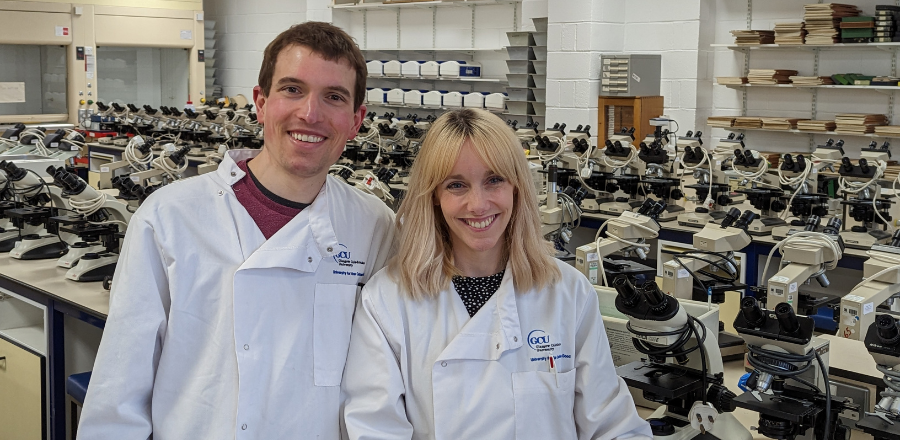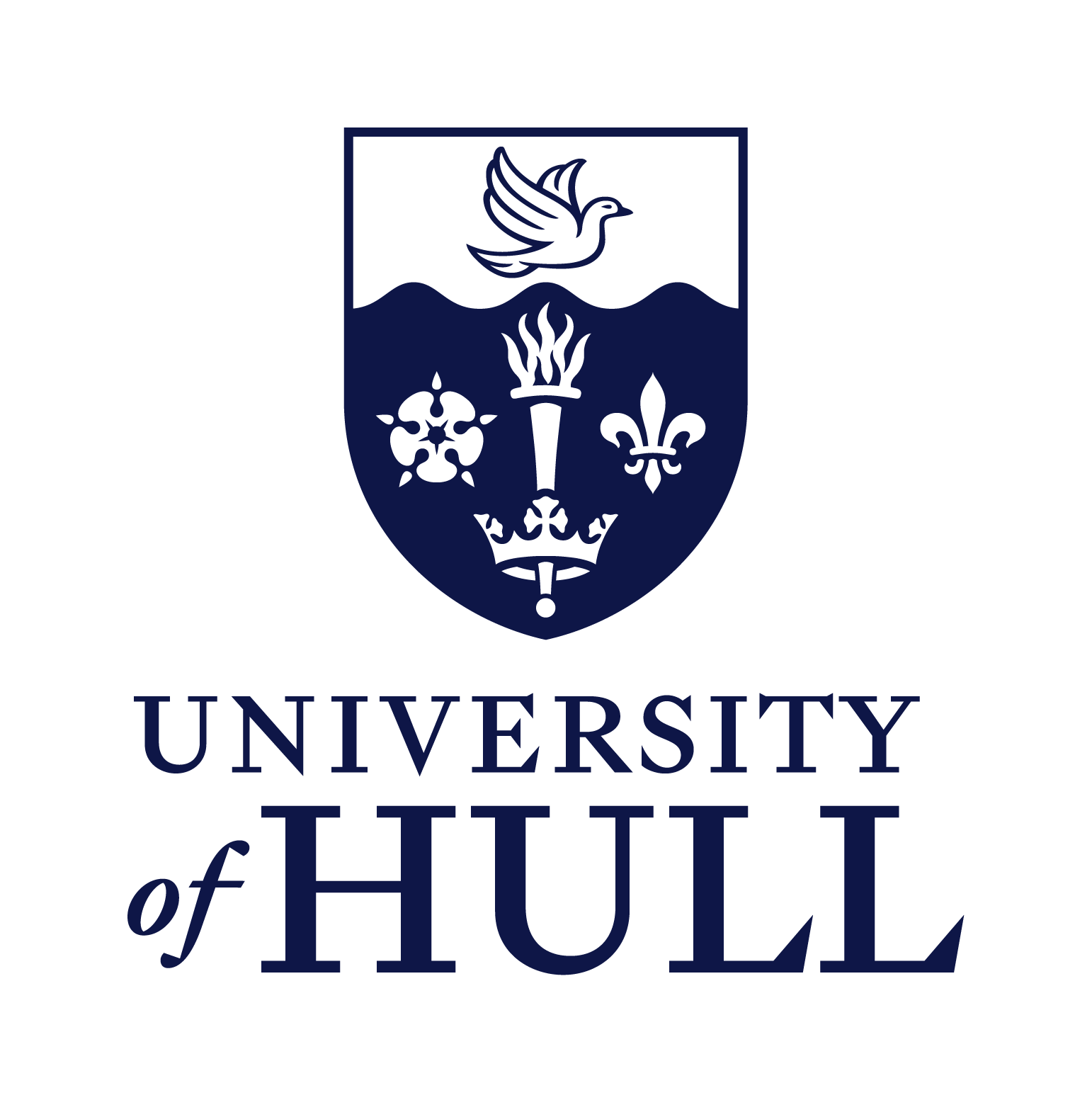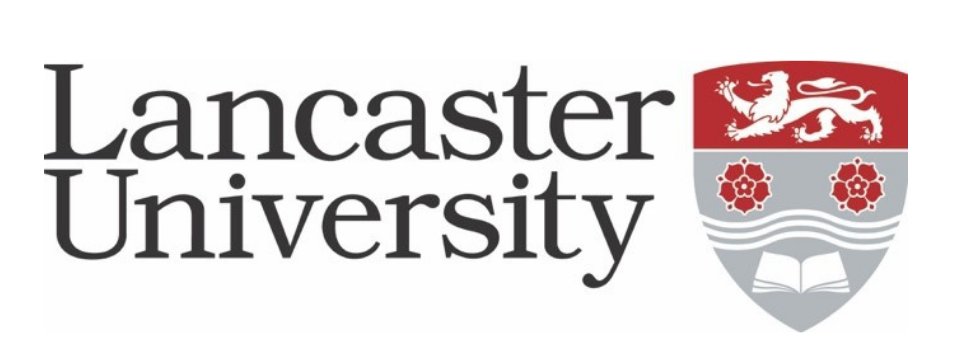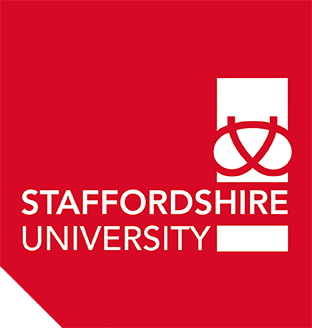
Two cancer scientists from Glasgow Caledonian University’s Research Centre for Health (ReaCH) have been awarded a £1 million grant by the Medical Research Council (MRC) to develop their immuno-oncology research.
The MRC New Investigator Research Grant will fund a cutting-edge investigation into so-called 'Western diet-induced liver disease’ over the next three years in the hope of finding new treatments.
The grant went to Drs Tim Humpton and Jenny Crowe, who are both researchers in the ReaCH Molecular Mechanisms of Long-Term Conditions Research Group and lecturers in the School of Health and Life Sciences’ Biological and Biomedical Sciences Department.
Dr Humpton is Principal Investigator and Dr Crowe is Co-Investigator in the new MRC-funded study entitled Investigating hepatic p53-mediated neutrophil suppression in non-alcoholic steatohepatitis.
Both are delighted at the announcement. Their research centres around immuno-oncology - the study and development of treatments that take advantage of the body's immune system to fight cancer.
Dr Humpton said: “Funding of this magnitude will be transformational for our research ambitions at GCU. I'm over the moon!"
Dr Crowe added: “This level of support for early career researchers like us is incredible and will be a massive kickstart towards our research goals."
Professor Linda Scobie, Head of the Biological and Biomedical Sciences Department, said: “This research will allow them to pursue a cutting-edge investigation into so-called 'Western diet-induced liver disease’ with the ultimate hope of uncovering a potential preventative intervention that could benefit at-risk patients in Scotland. I am delighted that this new investigator grant has been awarded to Tim and Jenny and the Department will fully support the research.”
Associate Dean Research in School of Health and Life Sciences Professor Sharron Dolan said: “I am immensely proud of Tim and Jenny’s achievement. They are a shining example of the value in recruiting young talented early career researchers.
“Their work closely aligns with University core values focusing on the common good as well as our good health and well-being pledge. This is a fantastic outcome!"
The research project is multidisciplinary and includes a strong network of collaborators from Glasgow - including at the CRUK Beatson Institute and the University of Glasgow - and across the UK, with support from the Francis Crick Institute in London.
The consortia includes experts in cancer biology, immunologists and clinicians. They will focus on the relationship between liver cells and a type of immune cell called Neutrophils, in the context of high fat and sugar, the so-called 'Western diet- induced liver disease’.
"Neutrophils act as an immune system 'first responder' to cell damage and they ordinarily support tissue repair. However, in some chronic conditions, including in diet-induced liver disease, improper activation or overactivity of neutrophils can exacerbate pro-disease inflammation and actually make things worse," explained Dr Crowe.
"Improper neutrophil activity has been linked with an increased risk of developing treatment-resistant liver cancer – a major health problem that is on the rise in Scotland.
“As part of our work, we plan to investigate whether targeting neutrophils with an already-approved therapy might be able to prevent worsening of liver disease from benign 'fatty liver' to the more advanced, and dangerous, disease called non-alcoholic steatohepatitis," added Dr Humpton.






























